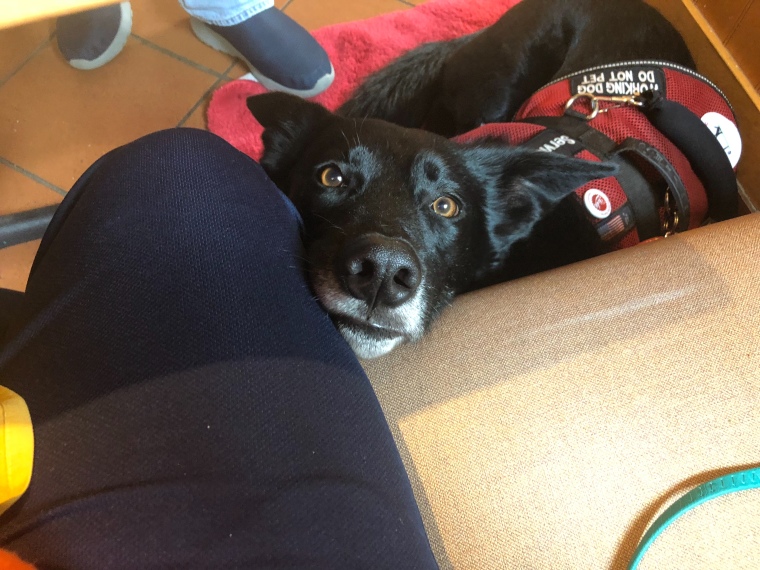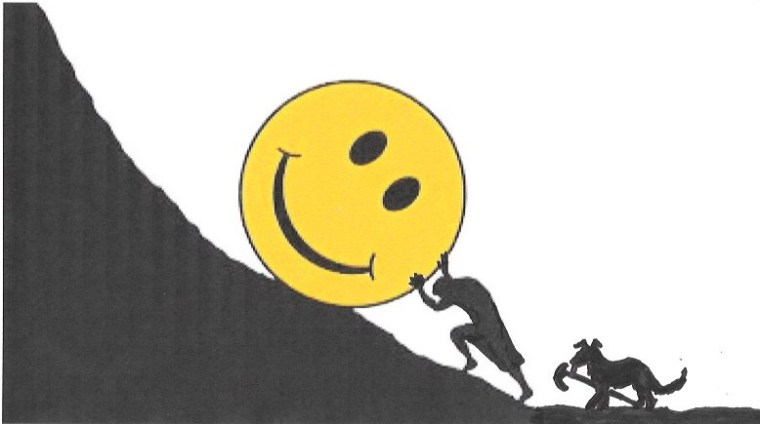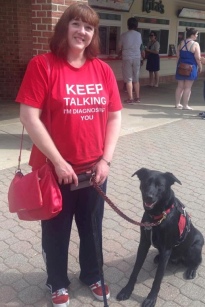As a person with disABILITY, like any within a diversity group, I have experienced harm from words. Before you stop reading and think I’m going to blast the abled population, let me just say that people with disABILITY are often the worst offenders.
If I asked every person in the world to throw up their hand if they have experienced words that have…
hurt them
demoralized them
made them wince (inwardly and outwardly)
caused a “hitch” in your breath because of the unexpectedness
made you cry
made you SWEAR
caused you to “shut down”
forced you into isolation
triggered you to “fight back”
or scarred you for life…
… the sudden uplift of hands worldwide would cause a major shift in wind currents and likely tilt earth off its axis. Seriously. We’ve ALL experienced this.
I use the phrase “experienced words that have…” intentionally. Not all of us HEAR well and many who do hear well don’t listen well. The damage of careless and mean words is not something simply heard or speech read on the lips of fellow human beings. The words are EXPERIENCED. This experience is why damage is done. We take it in. We stew on it. We watch those words ping-pong back and forth in our brains and hearts like a pinball machine, drawing blood and causing wounds from every “hit”. We are scarred.
When my children were younger I would remind them that human beings can FORGIVE but we cannot FORGET. Our words have such power – it’s just freakin’ scary! I am an impulsive speaker. I say things without thinking through and that impulsivity causes regret more times than I can count.
People have told me things before that I needed.
Perhaps I was being a butt-head and careless with my own words. They put me in my place. Maybe it hurt but it was a disciplinary kind of hurt and I walked away wiser and un-scarred. (By the way, all of us have people in our lives whose very positional relationship with us allows them this power).
People have given me true (heartfelt) constructive criticism. This means the intent was clear, precise, and helpful. I am sensitive enough that even this at times can be hurtful, but it doesn’t WOUND.
Those types of experiences can hurt… but they aren’t spirit-murdering (a new word I learned at an Anne Arundel Community College workshop this week). I would like to argue that CARELESS words are never EVER helpful.
The word itself means, “not giving sufficient attention or thought to avoiding harm or errors”. Careless words can be both intentional and direct. They can also be unintentional and “oopsie” moments. Either way they hurt. They wound. They leave scars.
At the end of the semester a handful of students were sticking around to chat after the final. They were lovin’ on Finn, my 3rd service dog in training (SDiT),
… and just “messing around”, hangin’ out, and talking. One of my students muttered something and *I* (emphasis on that I, for I am deaf – grin) heard the collective indrawn breaths. So…
I nosily asked, “what just happened”?
The student said, “Good God, did you hear what I said?“, acting both horrified and astonished.
“Well, no,” I replied, “but I heard y’all’s REACTION”.
Her eyes filled with tears and she admitted, “I said something contradictory and stupid and then said, ‘GAWD that was bipolar of me'” She then slapped her hand over her mouth and looked around at the group with big eyes. The group all immediately patted her back and assured her that “we ALL say stupid things”, and “we knew what you meant”. She vehemently waved all their support aside and said MUCH louder…
“No, NO. You don’t understand! I AM BIPOLAR. I just slammed myself!”
At this point, the floodgates opened and she was sobbing hysterically. It was contagious… of the 8 students standing there, five of them were in tears within minutes!
Do you know they stuck around for another 20 minutes and discussed the power of words and stereotypes? I just stood there in awe watching what I hoped was a little bit of my teaching rubbing off as they expertly dissected and dialogued about intent, carelessness, and harm.
OWN It
You are gonna spew careless words. Whether you speak with your voice or your hands, you are going to speak before thinking. Or… maybe you speak AFTER thinking but you simply don’t care about the damage you are unleashing.
Own it. If you care, if you want to minimize the damage, if you want to do better, if you are the kind of human being that understands the power of words, OWN IT.
Apologize if needed (and mean it)
Make amends
Strive to do better. Vow it!
Practice
Call it (when appropriate) when you see others do it
Follow up and use all five apology languages IN WRITING.
This last one I have learned the power of this conscious decision to OWN it by following up with a note. Whether it is a handwritten note, an email or text, etc., writing down a follow up with a person I threw careless words at is so important.
It becomes this tangible, concrete evidence of my regret and promise to do better. The injured party can re-visit it if they want. It may act as a future means of measurement to them about how far I’ve come in using words as weapons. For me, it acts as a literal pivot point from which I can measure my own growth, my own practice of intentional, encouraging communication.
Next week, I want to discuss how one goes about admitting and voicing that “ouch! that hurt”. If careless words can injure, we are all wounded warriors. What do you do or say if someone hurts you?
Have a great week y’all!
L. Denise Portis, Ph.D.
© 2019 Personal Hearing Loss Journal
























